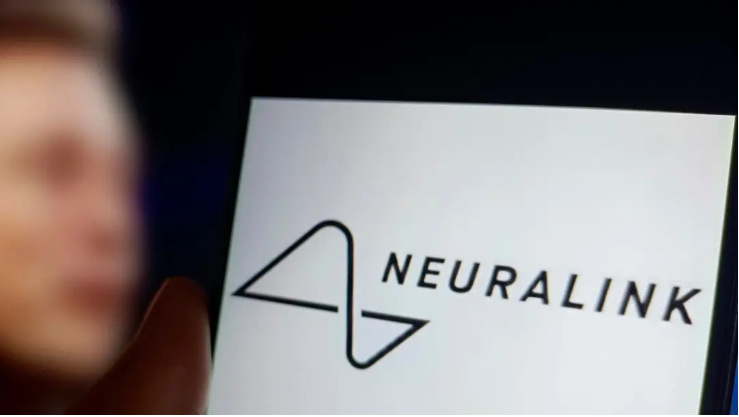Microsoft Says Russia, China Use OpenAI for Hacking
OpenAI and Microsoft have reported that China, Russia, Iran, and North Korea are using OpenAI's artificial intelligence (AI) products to conduct unsophisticated but efficient hacking activities like writing emails, translating documents, and debugging computer code....
Facts
- OpenAI and Microsoft have reported that China, Russia, Iran, and North Korea are using OpenAI's artificial intelligence (AI) products to conduct unsophisticated but efficient hacking activities like writing emails, translating documents, and debugging computer code.1
- They claim the Chinese groups Charcoal Typhoon and Salmon Typhoon used it for cybersecurity and phishing, the Russian-connected group Forest Blizzard to research 'satellite radar technologies,' and North Korea-linked Emerald Street 'likely' used it for 'spear-phishing campaigns.'2
- As for Iran, the report claims that the Islamic Revolutionary Guard Corps used the technology to deceive end users online and to avoid being detected.3
- In response, Microsoft said it suspended the hackers' accounts, adding that it will also make the findings of its report available to other service providers, work with key stakeholders, and release more public reports.4
- Microsoft, which has invested $13B in OpenAI, didn't disclose the specific OpenAI tools that were used by these groups. However, OpenAI cybersecurity chief Bob Rotsted did say they sign up for the company's products 'like everyone else.'1
- Over the past year, Microsoft has reported PRC hacks into 25 US lawmakers' emails, US military infrastructure in Guam, and Canada's cybersecurity chief. European police have also said that OpenAI products could help hackers.2
Sources: 1The New York Times, 2Forbes, 3Washington Post and 4GeekWire.
Narratives
- Pro-establishment narrative, as provided by WSJ. Instead of developing its own technology for the betterment of humanity, Beijing has decided to steal US technology and use it to hack the personal data of government and business personnel. Companies like OpenAI have been worried about this for a while now, especially following PRC attempts to buy up stock in chip-making firms and then steal their technology. The worst part is that China has already collected vast amounts of data — information it can now sort through via the powerful capabilities of AI. This undermines a rules-based order.
- Establishment-critical narrative, as provided by Global Times. The US and its Western Five Eyes surveillance allies repeatedly make these accusations to cover up the fact that they are the world's leading spies and hackers. Each time a whistleblower exposes another illegal spying activity by the US, Washington subsequently deflects the news by throwing baseless conspiracies around about Beijing. Not only does the US hack foreign governments, but also its own citizens. US intelligence agencies are the real threats to privacy and security.







